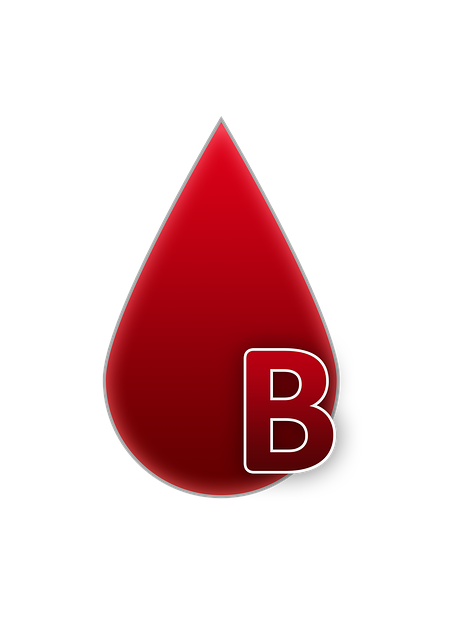Early-stage diabetes (prediabetes) is a critical period of rising blood sugar levels that, if left unaddressed, can lead to type 2 diabetes. Often symptomless, prediabetes requires advanced diagnostics like diabetes blood tests to identify individuals at risk. Timely intervention through lifestyle changes or medication can prevent progression and associated long-term health complications. Diabetes blood tests are essential diagnostic tools that identify elevated glucose levels and provide more precise diagnostics through advanced blood panels.
“Unveiling the silent killer: Early-stage diabetes detection through advanced blood tests. Diabetes, a metabolic disorder affecting millions globally, often goes unnoticed in its early stages, leading to severe complications. This article delves into understanding the subtleties of this condition and explores cutting-edge blood screening methods. From traditional glucose tests to innovative markers like HbA1c, C-peptide, and OGTT, each technique offers unique insights. Discover how these advanced diabetes blood tests facilitate early detection, enabling prompt intervention and managing glycemic control effectively.”
Understanding Early-Stage Diabetes and Its Impact
Early-stage diabetes, often referred to as prediabetes, is a crucial period where the body’s blood sugar levels start to rise above normal but haven’t yet reached the diagnostic threshold for type 2 diabetes. This phase serves as a warning sign, indicating that an individual is at risk of developing full-blown diabetes if left unaddressed. During this initial stage, many individuals may not exhibit noticeable symptoms, making it vital to employ advanced diagnostic tools like comprehensive diabetes blood tests.
The impact of early-stage diabetes can be profound. If undetected and untreated, it can lead to various long-term health complications, including nerve damage, kidney disease, eye problems, and cardiovascular issues. Regular diabetes blood tests play a pivotal role in identifying individuals in this prediabetic state, allowing for timely intervention through lifestyle modifications or medication to prevent the progression to type 2 diabetes and its associated health risks.
– Definition and types of diabetes
Diabetes is a chronic condition characterized by elevated levels of glucose in the blood, leading to various health complications if left untreated. It primarily arises from two types of imbalances: type 1 and type 2 diabetes. Type 1 diabetes, previously known as juvenile diabetes, is an autoimmune disorder where the body’s immune system attacks insulin-producing cells in the pancreas. As a result, individuals with type 1 diabetes require lifelong insulin therapy. On the other hand, type 2 diabetes is often associated with insulin resistance, where cells don’t respond effectively to insulin, leading to relative insulin deficiency over time. This type is more common and can often be managed through lifestyle changes, medication, or both.
Early-stage detection plays a crucial role in managing diabetes effectively. Diabetes blood tests are essential tools for identifying the condition at its initial stages. These tests measure blood glucose levels and can help differentiate between normal variations and potential signs of diabetes. Advanced blood tests offer more comprehensive assessments by analyzing various markers related to insulin resistance, pancreatic function, and overall metabolic health, enabling precise diagnostics and timely interventions.
Early-stage diabetes detection through advanced blood tests is a game-changer in managing this condition. By identifying subtle changes in blood sugar levels, these tests can help prevent long-term complications and promote better health outcomes. Regular screening and awareness are key; with proper care, folks can dance their way to a healthier future, leaving behind the remnants of undiagnosed diabetes. Remember that, in today’s world, advanced diabetes blood tests offer a vibrant solution for navigating this intricate health landscape.
